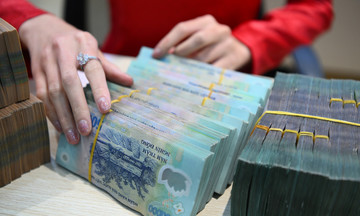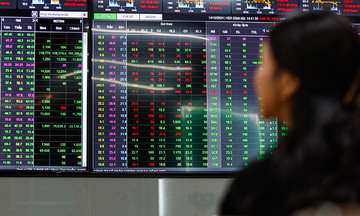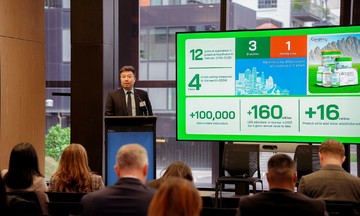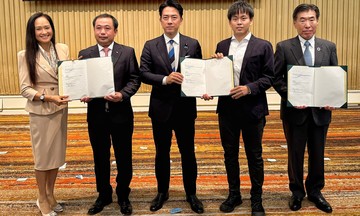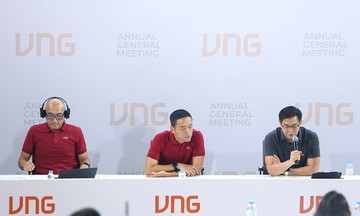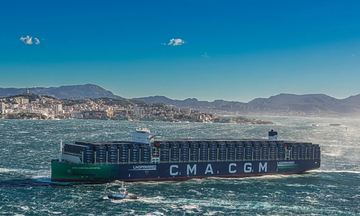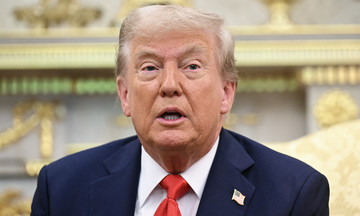On 3/9, speaking to reporters at the White House, US President Donald Trump said he would ask the Supreme Court to overturn last week's ruling by the Washington federal appeals court that most of his import tariffs are illegal. He warned that he might have to withdraw from trade agreements if he loses the case.
"We made a deal with the European Union (EU) that they would pour almost 1,000 billion USD into the US. They were happy with it. All the agreements were finalized. But I guess we might have to pull out of them," he said. To date, the US has announced trade agreements with several partners, such as the EU, Japan, South Korea, China, the UK, Vietnam, and Indonesia.
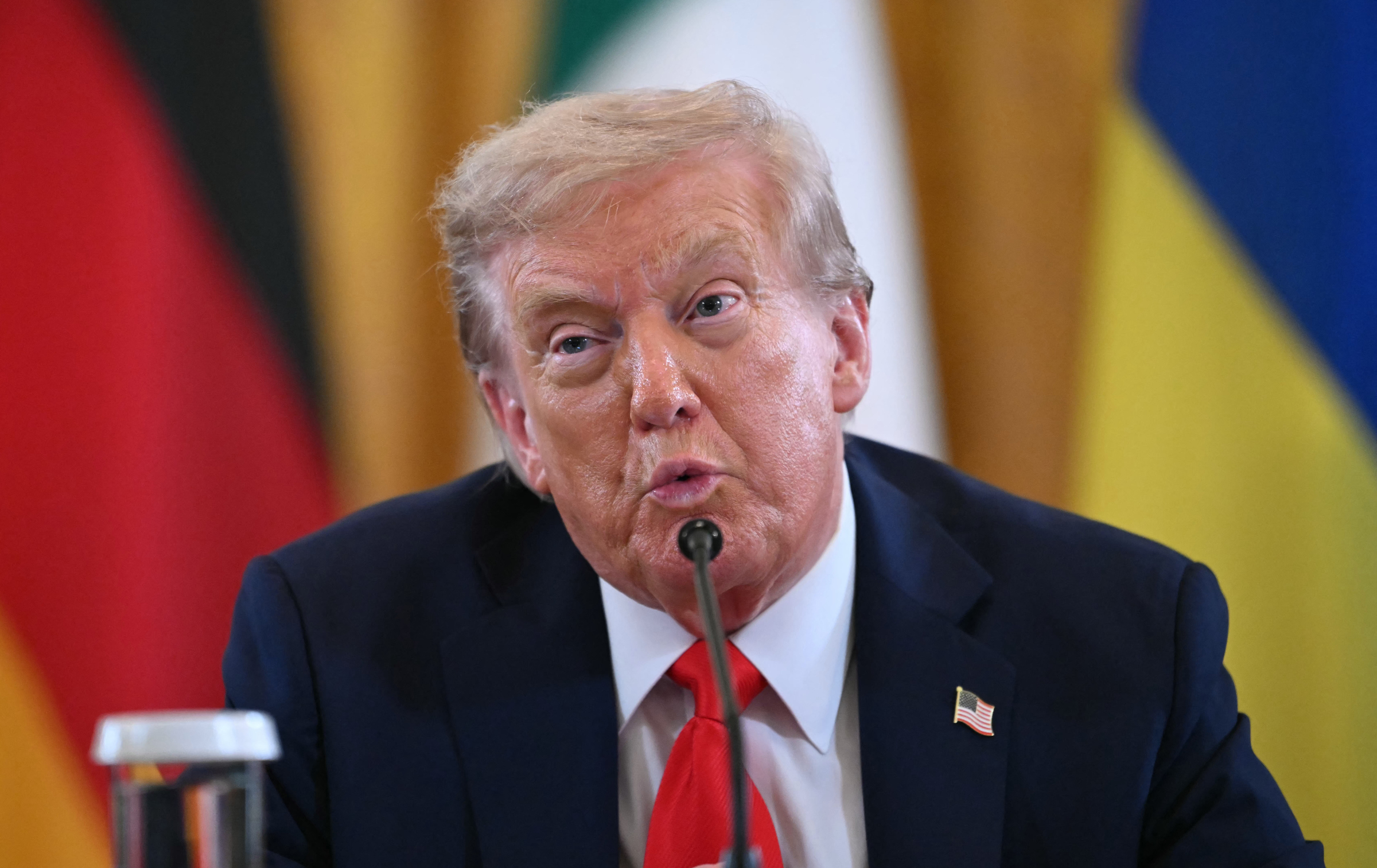 |
US President Donald Trump speaks during a meeting with European leaders at the White House on 18/8. Photo: AFP |
US President Donald Trump speaks during a meeting with European leaders at the White House on 18/8. Photo: AFP
This is the first time the US president has mentioned that trade agreements could be nullified if the Supreme Court upholds the appeals court's decision. Trump warned that withdrawing the tariffs would be very costly, although trade experts assert that these tariffs are paid by US importers, not by businesses in the producing countries. Economists have also warned that the tariffs could fuel inflation in the US.
"Our country has the opportunity to become unbelievably rich. But it could also become poor. If we don't win this case, the US will suffer great damage," Trump said.
Last week, the appeals court ruled that the retaliatory tariffs Trump imposed on trading partners, as well as earlier tariffs on China, Canada, and Mexico, were illegal because they cited the International Emergency Economic Powers Act (IEEPA). This ruling does not affect tariffs on aluminum, steel, or cars, as those used a different law.
Experts believe Trump's latest comments are aimed at persuading the Supreme Court that removing the tariffs would cause a major economic shock. However, Ryan Majerus, a former senior US trade official, said that from the beginning, the US agreements with the EU and other partners were only modifiable framework agreements, not comprehensive trade agreements. "The president's announcement today reflects an effort to maximize US leverage," he said.
Legal and trade experts suggest that the Republican-appointed majority on the Supreme Court may increase Trump's chances of retaining at least some of the tariffs. However, they stress that accurately predicting the ruling is difficult due to the unprecedented nature of the case.
Ha Thu (according to Reuters)




